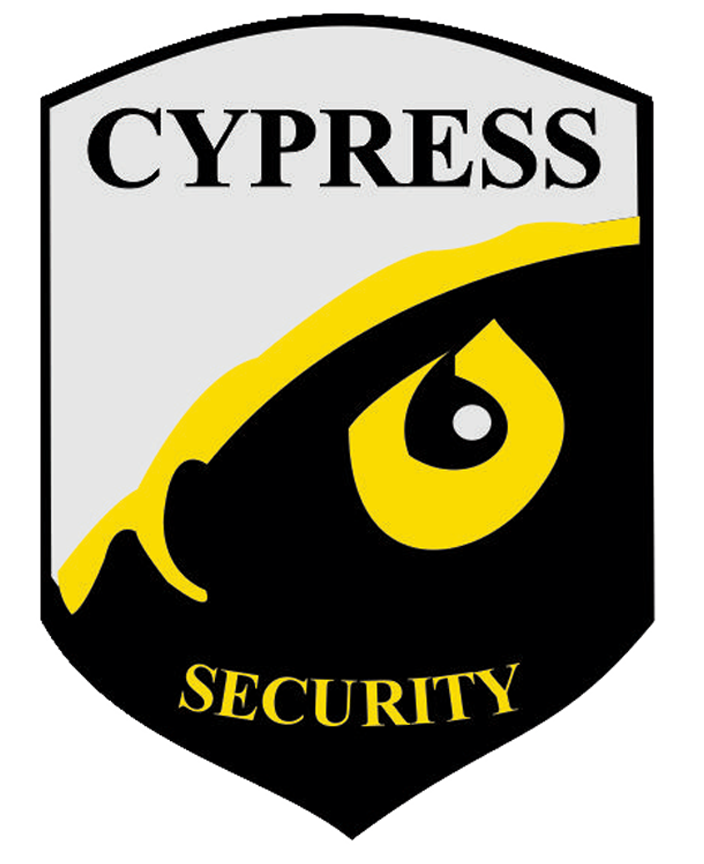SURREY, B.C. -- Anti-gang advocate Sukhi Sandhu says he will be watching closely as the new city council in Surrey, B.C., attempts what many local governments before have considered but few have done: replacing its RCMP with a municipal police force.
The city just east of Vancouver is among the fastest growing in the province, with a young and diverse community that speaks more than 100 different languages and where about one-third of its residents are under 19. It's expected to surpass Vancouver in population as the largest city in B.C. by 2041.
With that growth, the longtime resident said he's concerned about gun violence involving youth, even as the RCMP says overall crime is on the decline.
When two teenagers were found dead on a rural road in what police called a targeted shooting in June, Sandhu said many in the city felt the same way: "Enough is enough."
Answering that problem will require a multilayered approach involving police, as well as schools, families and politicians, he said.
"We have no hesitation in saying that we are at a crisis point socially in Surrey," said Sandhu, who is a spokesman with the anti-gang violence group Wake Up Surrey.
"We've seen rapid growth in our city in terms of our development but at the same time we've seen a social decay."
Council unanimously passed a motion immediately after it was sworn in this week to terminate its contract with RCMP and begin forming a municipal force.
The RCMP says it would be the first time a local government moves from the national force since Cape Breton, N.S., made the move in 2000. Abbotsford, B.C., dropped the Mounties in 1995, when it amalgamated with Matsqui and formed the Abbotsford Police Department, and a small town in Prince Edward Island made the move in the early 1990s.
Rob Gordon, a criminology professor with Simon Fraser University, said it's a daunting and costly task. While it typically comes with the benefit lighter caseloads for local officers, it means immediately losing a 10 per cent subsidy that the federal government offers any municipality that uses an RCMP.
"There will be a lot of eyes on Surrey to see whether or not it is cost effective to do this," he said.
Mayor Doug McCallum has defended the expense, which he said voters condoned when they filled all but one council seat with Safe Surrey party members who ran on making the change.
"A local police force will understand the community better and will be more motivated to tackle problems," his campaign platform said.
McCallum has said he believes the switch to municipal policing can be accomplished within the next two years at a cost of about $120 million.
Assistant RCMP Commissioner Dwayne McDonald, who is in charge of the Surrey detachment, has already said his officers will remain on the job throughout any changes.
Yvon Danduran, professor emeritus of criminology at the University of the Fraser Valley, said one benefit of a municipal police force is the perception of governance. The RCMP gets its direction from Ottawa, while a police board oversees a local force and the city holds the purse strings.
"It's really about ownership and control," Danduran said. "If you have your own police force, you live with it, you improve it and you try to be proud of it."
The RCMP says statistics in Surrey don't back up the alarm. Overall crime has declined in the past decade in all areas, including violent offences and property crimes.
Cpl. Elenore Sturko said publicity around some high-profile cases, such as the hockey dad who was gunned down in front of his home in a case of mistaken identity in July, may be skewing perceptions of crime in the city.
"People, especially externally, have a perception of Surrey as being a dangerous place or having a real crime problem that's not necessarily supported by what we see statistically," Sturko said.
Shootings have declined by about half since a spike in 2015, when there were 59 instances of shots fired in the municipality, she said.
Homicides remain relatively steady, with a local rate of 2.15 per 100,000 population in 2017, above the national average of 1.8. There have been 13 homicides so far this year, compared with 12 in 2017, eight in 2016 and nine in 2015.
Mounties have also increased enforcement in several areas, Sturko said, including boosting staff on its gang enforcement unit. It has prevention programs specifically targeting at-risk youth and other education and community engagement initiatives like a diversity unit, she said.
"It is such a unique community and we have unique needs, but we also have unique programs," she said.
"That doesn't necessarily mean people's concerns are alleviated. That comes with more work in sharing, for example, the success that we are having and letting the public know what kind of headway we're making and what's happening," Sturko said.
Sandhu said he is skeptical that changing the police force alone will answer a problem that requires more grassroots change. The solution has to come from the community itself, he said.
"The current situation in the city of Surrey should be a red flag for all political leaders that when you neglect the demographics or uniqueness of a city and try to do a one-size fits all school district, a one-size fits all policing model, you are going to get to this stage."


















